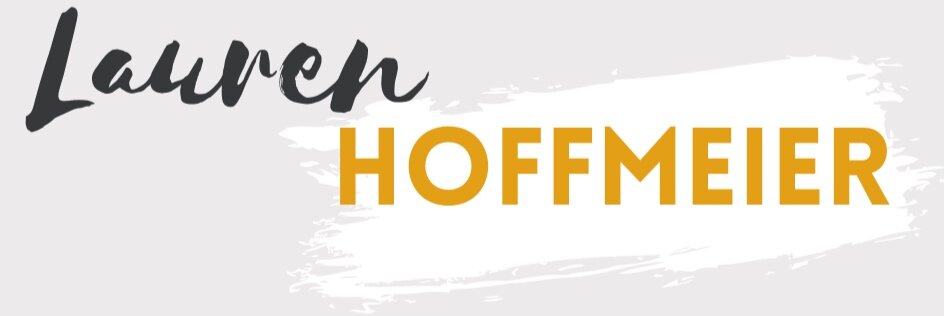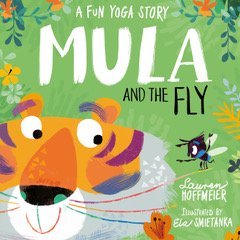How Children’s Literature Influences Us: Reflections from a Children’s Author
I don’t think I ever grew up. Wait — scratch that: I never grew up. I’m basically a kid in high heels, and I love it. I mean, why would I want to ignore that side of myself? Besides keeping me young, there’s a slight sophistication to embracing one’s childlike wonder. It makes me do the most foolish thing: enjoy life.
Perhaps that’s why I ended up becoming a children’s author, as it was such a natural fit. My job is to write about this world through the lens of awe and possibility without the cynicism of adulthood. Writing for children has taught me many valuable lessons — in particular, the need to hold onto that childlike sense of self. More importantly, I’ve learned why these seemingly silly 32-page creations are so important for the world at large.
Lesson 1: Education
One phrase being tossed around the schoolyard is that “children’s books foster a love of reading.” Well…no. But it could! As long as grownups stop trying to bore kids to the point of frustration. Here’s the thing: if the objective is to teach children, then we need to engage children, which picture books have the capacity to do.
One of my strongest memories from the first grade was when our teacher read a picture book to the class and the students all started to fall asleep. You can imagine that the book was pretty boring. I’m sure it had a great lesson, but we certainly missed it. I wanted an escape FROM reading, because I learned at an early age that books are boring, which isn’t the lesson we want our kids to take away if we’re trying to foster growth and a curiosity to learn. My love of reading started many years later because most of my formative reading material was boring.
Can children’s books educate? Yes! If you hide the medicine. A picture book can educate by inspiring laughter and engaging kids in the story through humor, fantasy, and fun. Kids get to practice sounding out new words, they discover clues in the illustrations, and they eventually develop a desire to read, initiating them on their lifelong journey of learning.
Lesson 2: Bonding
There’s a connection to our ancient ways when it comes to children’s literature. It’s the oral tradition of storytelling, and as parents and teachers, we connect with that when reading a picture book to our young ones. The more we read out loud together, the more children connect with the world of the story. At times, they may even develop such a sense of independence by instructing their grownup story-reader in what silly voices to use for each character. Reading out loud to our young ones cements a special bond.
Lesson 3: Empathy
Children’s books teach our young ones the skills needed in social settings such as manners, sharing, and listening. Reading a children’s book is one of the first ways kids will see beyond their own backyard. Books teach them about the diversity of this world and the importance of empathy. Books even have the capacity to teach children how good it feels to be kind to others. Stories also help children understand complex topics like death, divorce, and bullying in a way that is accessible and relatable.
Lesson 4: Imagination
Children’s literature is an escape through the frantic tundra of imagination. Frankly, it’s exciting! There’s no telling where it will take you because there’s no limit! And hopefully, there will be many laughs along the way.
Lesson 5: Self-expression
Picture books are an incredible guide for our little ones, as they help them understand what they’re feeling, both emotionally and physically. The empathy learned in lesson 3 is shared here, as these books offer tools for children to realize that there’s a support system available to help them navigate these feelings and be understood. If there’s one thing I know that kids get frustrated by, it’s the issue of being misunderstood. Picture books help by showing them that they’re not alone, and also teach them how to express their feelings.
Reading a short piece of children’s literature, voicing the characters out loud with total conviction and allowing ourselves to be silly tells us that children’s literature has phenomenal power. It has the power to connect generations separated by decades of change. It has the power to remind adults that it feels good to be silly. It has the power to challenge children by broadening their scope of the world and teaching them how to think and develop independent thought. And perhaps the biggest thing of all: children’s literature has the power to teach us to embrace our humanity.










The roller rink was alive with energy, filled with people of all ages ready to have fun! Tommy noticed the fearless attitude of the kids on the floor. They zipped around without a care, their confidence building with every glide. “Who cares if I fall? I’m just gonna go for it!” That mindset seemed to be their secret weapon. With that sense of fearless fun, they spun faster dancing to ABBA, carving figure eights like tiny, disco-inspired Olympians. (And yes, they were wearing knee pads—safety first, my friends!)
This experience got me thinking about writing. When we write, we need that same fearless fun. That sense of “who cares—I’m just gonna go for it” unleashes creativity and lets ideas flow naturally. Writing becomes a joyful dance instead of a struggle.